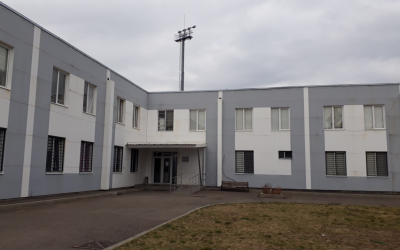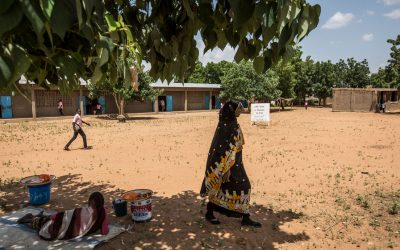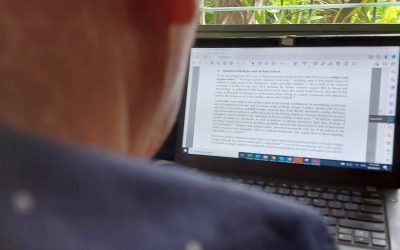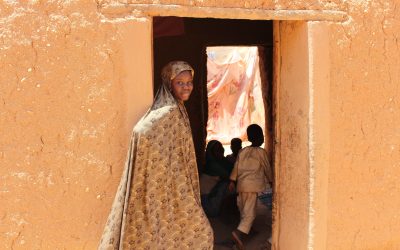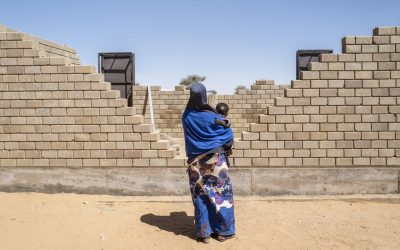ACSG Matches and Asylum Pledge Implementation
To help work towards the goals of the Global Compact on Refugees, 50 States pledged to improve aspects of their national asylum systems or provide asylum capacity support at or after the 2019 Global Refugee Forum. An additional 11 pledges were made by other stakeholders. Building on this momentum, the ‘Asylum Capacity – Asylum Capacity Support Group (ACSG)’ was established as a multistakeholder pledge at the 2023 Global Refugee Forum, where 38 States and 12 other stakeholders made further commitments focused on strengthening asylum capacity.
These pledges are actively followed up and prioritized by the ACSG in relation to (1) matching, in which pledges or commitments to strengthen asylum capacity are paired with pledges of technical, material, or financial support offers; and (2) tracking asylum pledge implementation, where a State or other entity fulfils their pledge through provision of support without a corresponding pledge.
This page will be updated with information regarding ACSG matches and pledges as well as asylum capacity support provided as part of pledge implementation.
For information about other pledges made at the Global Refugee Forum, please see the Pledge and Contributions Dashboard
Pledging Entities
Matches
The boundaries and names shown on this map do not imply official endorsement or acceptance by the United Nations.
Matches
Georgia – North Macedonia & Tajikistan
At the 2019 Global Refugee Forum, the Government of Georgia committed to share its experience and knowledge with interested countries within the scope of Asylum Capacity Support Group (ACSG) notably on issues of establishing refugee status determination (RSD) procedures, country of origin (COI) research capacity and quality assurance mechanism.
Chad – France
The Government of France through the coordination of the Office for the Protection of Refugees and Stateless Persons (OFPRA) has indicated that it is interested to discuss support for Chad’s National Eligibility Commission (CNE) to strengthen its asylum system and pursue asylum capacity strengthening efforts
New Zealand – Philippines
The New Zealand Government, through its Immigration Department of the Ministry of Business, Innovation, and Employment (MBIE), has supported the Philippine Government, through the Department of Justice-Refugees and Stateless Persons Protection Unit (DOJ-RSPPU) in strengthening its capacity in relation to Country of Origin Information (COI).
EUAA (formerly EASO)- Niger
[Under discussion]
In Niger, past initiatives conducted by the Government with the support of UNHCR resulted into the commitment to reform the Asylum framework. Under the auspices of the Asylum Capacity Support Group (ACSG), Niger is determined to strengthen the quality and efficiency of its Asylum and Reception system.
France – Niger
The French government through its Office for the Protection of Refugees and Stateless Persons (OFPRA),Council of State and National Court of Asylum (CNDA), in conjunction with the Ministry of the Interior (Directorate of Foreigners in France, DGEF) and the United Nations Directorate of the Ministry of Europe and Foreign Affairs (MEAE), will support Niger through its General Directorate of the Civil Registry, Migration and Refugees and Ministry of Interior (DGEC-M-R)
Denmark – Kenya
The Government of Denmark, through the Special Envoy on Migration in the inter-ministerial migration task force, and the Government of Kenya through its Ministry of Interior and Coordination of National Government, have agreed to collaborate to strengthen Kenya’s asylum institutions as part of a project implemented within the framework of the Asylum Capacity Support Group (ACSG) Mechanism.
Canada – Mexico
Canada and Mexico have agreed to implement activities developed under the Regional Asylum Capacity-building Initiative (RACBI) through the framework of the ACSG Mechanism to strengthen asylum capacity in Mexico on refugee issues
Pledges
The following outlines pledges or commitments in the area of asylum capacity made by States and other entities as part of the 2019 Global Refugee Forum as well as pledges or contributions towards the multi-stakeholder pledge on ‘Asylum Capacity – Asylum Capacity Suppoort Group (ACSG) by States and other entities as part of the Global Refugee Forum held in December 2023. Pledges on asylum capacity relate to: (a) further development of one’s own national RSD system, (b) provision of technical and/or other support to other states, (c) both types of pledges i.e. self-improvement as well as supporting others, and (d) financial contributions.

